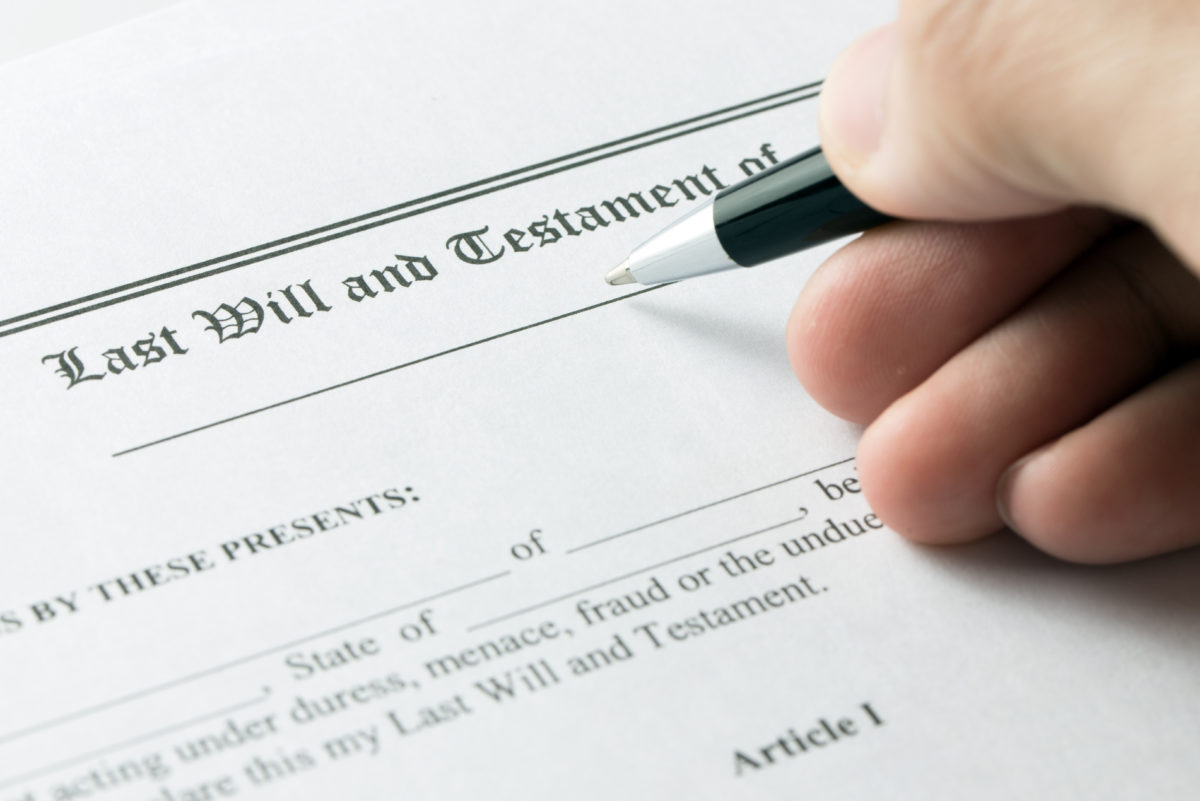
For many, the thought of creating an estate plan can be upsetting, as it forces them to think about the future and what could happen. However, it’s incredibly important to begin planning, as it allows you to document your wishes for your belongings and care for loved ones upon your passing. Generally, the most critical document you should create is a last will. If you’re unsure what you should include in a will, the following blog and PA wills, trusts & estates attorneys can help you get started to achieve peace of mind.
What is a will, and when should I create one?
A will is an estate planning tool that details how you would likely your assets to be distributed upon your passing. This grants you control over how your home, money, investments, and other assets will be passed down and allows you to name specific beneficiaries.
Generally, anyone over 18 should have a will in place. However, this becomes more true as you begin acquiring assets or have children. Failure to create a will puts your estate in something known as intestacy. Essentially, this means that Pennsylvania will distribute your belongings according to their terms and conditions, meaning you have no control over which of your beneficiaries receives an inheritance.
What should I include in my will?
Generally, your will should include a considerable amount of information. After carefully thinking about your wishes, the first thing you must decide is who your executor will be. Essentially, this is the person responsible for ensuring your will is carried out according to your wishes upon your death. They must be named in your will. You should consider naming an alternative option in case your first choice is unable to assume the role.
Next, you’ll want to include your assets, how you want them distributed, and which beneficiaries will inherit the properties.
If you have children, you should also name guardians who will take care of your children upon your passing. Like an executor, you should name alternative options to ensure someone you approve of can become your child’s guardian.
Finally, your will can include wishes regarding your funeral, such as information regarding the burial plot or your wake.
Why do I need an attorney?
Though creating a will may seem simple, this is far from the case. In reality, setting up a will can be an incredibly complex issue, and making one error can invalidate the document or leave your assets up for distribution against your wishes. As such, it’s imperative to connect with an experienced attorney who can help you navigate these matters.
At Friedman Schuman, we understand how overwhelming estate planning can be. That’s why our team is here to help you through these complexities. Contact us today so we can help you get started.



